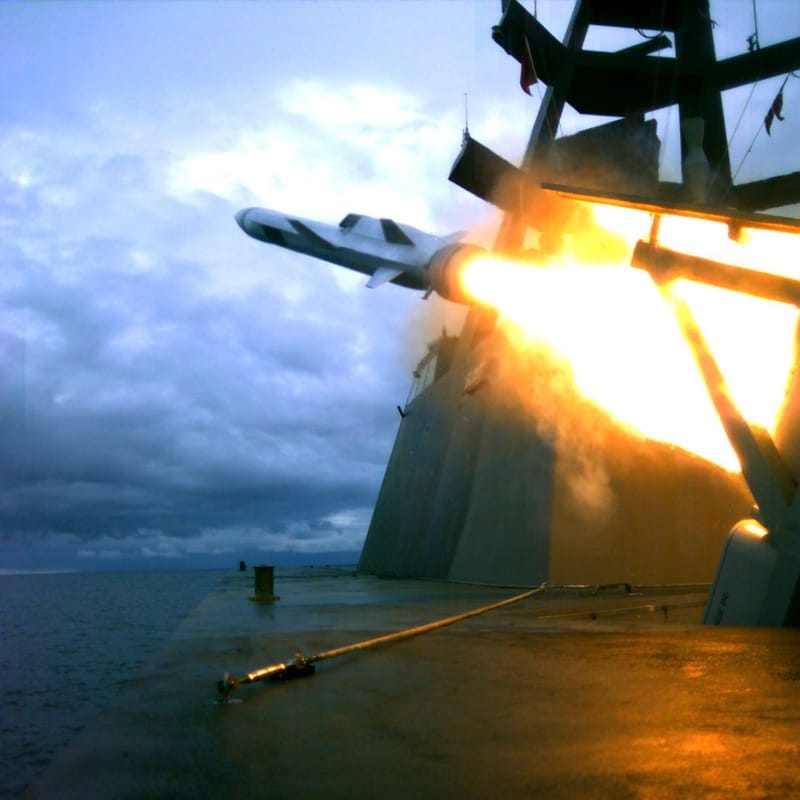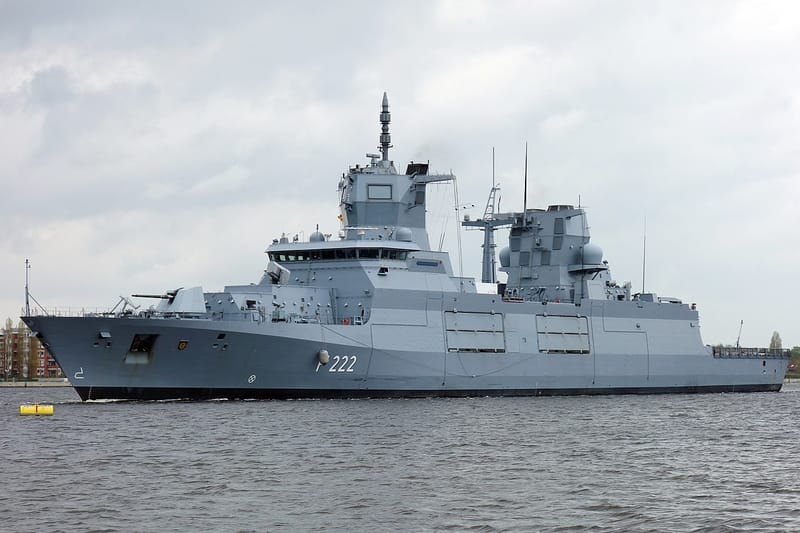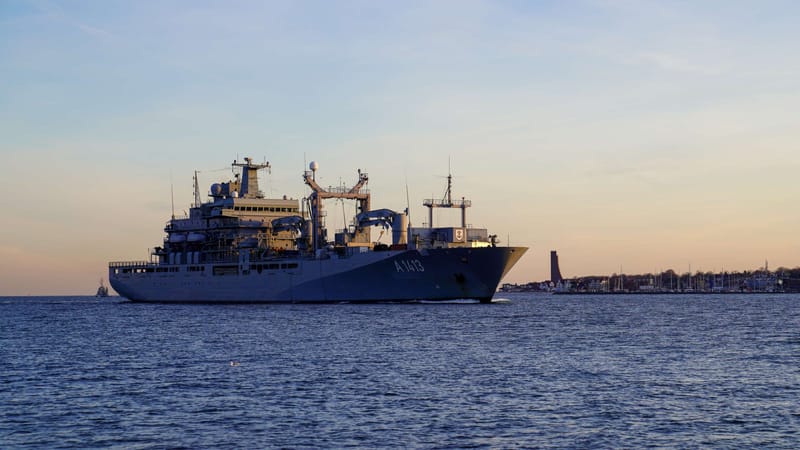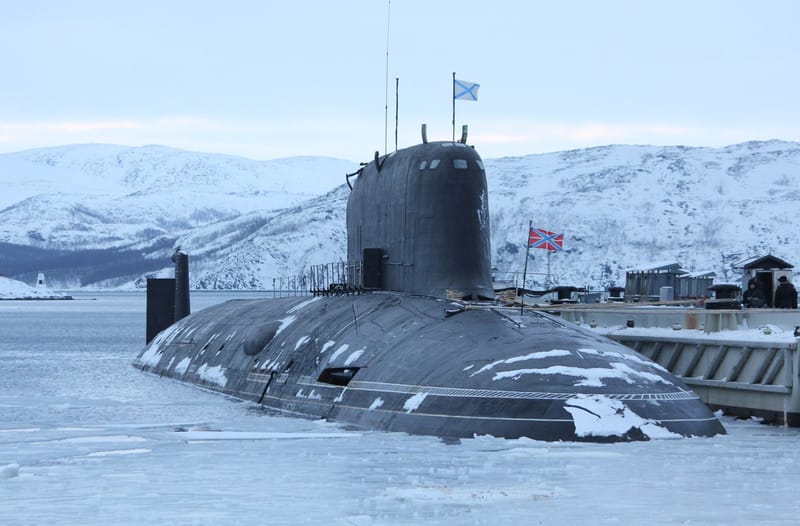Maritime Intelligence Shift: Spire Sells Unit to Kpler for $241M
The deal structure reveals sophisticated market positioning, with Kpler committing $233.5 million in direct payment and allocating $7.5 million for continued service provision by Spire Global through 2025.

In a significant development reshaping the maritime intelligence landscape, space-based data provider Spire Global has announced the divestment of its commercial maritime division to commodity and maritime analytics leader Kpler. The transaction, valued at $241 million, represents a strategic pivot in the increasingly specialized maritime surveillance and analytics sector.
Transaction Architecture and Market Valuation
The deal structure reveals sophisticated market positioning, with Kpler committing $233.5 million in direct payment and allocating $7.5 million for continued service provision by Spire Global through 2025. At 5.8 times trailing twelve-month revenue, the valuation indicates robust market confidence in maritime intelligence capabilities, particularly as global supply chain monitoring becomes increasingly critical for national security and commercial operations.
Evolution of Maritime Intelligence Capabilities
Spire Global's commercial maritime division has established itself as a crucial provider of vessel tracking and maritime intelligence through its constellation of nanosatellites equipped with Automatic Identification System (AIS) receivers. This space-based AIS infrastructure has enabled real-time monitoring of global maritime traffic, providing critical insights for commercial shipping, energy trading, and supply chain optimization.
This development follows a broader trend of enhanced maritime surveillance capabilities across major powers, as evidenced by France's recent deployment of Albatros and SMDM drones for maritime security. The retention of government maritime contracts by Spire Global underscores the strategic importance of space-based maritime surveillance in national security frameworks. These capabilities, particularly in monitoring dark vessel activity and ensuring maritime domain awareness, remain essential for defense and intelligence communities.
Strategic Implications for Global Maritime Surveillance
The transaction marks a significant evolution in the maritime intelligence sector's competitive landscape. Kpler's acquisition strengthens its position in providing integrated maritime analytics, combining vessel tracking with commodity flow analysis. This consolidation reflects the increasing demand for sophisticated maritime intelligence products that can address both commercial and security requirements.
For Spire Global, the divestment represents a strategic refocus on core space-based capabilities, particularly in radio frequency geolocation and environmental monitoring. The company's retention of its satellite infrastructure positions it to expand in emerging markets such as climate security and space-based intelligence services.
Market Dynamics and Industry Transformation
The maritime analytics sector has witnessed accelerating consolidation, driven by increasing demands for integrated intelligence solutions. The strategic value of maritime intelligence is particularly evident in regions like the Caspian Sea, where maritime security directly impacts global energy markets and trade routes. Similar dynamics are playing out in the Indo-Pacific, where naval power dynamics continue to intensify, driving demand for advanced maritime intelligence solutions.
The valuation metrics of this deal may establish new benchmarks for maritime intelligence assets, particularly those combining space-based infrastructure with advanced analytics capabilities. The premium paid by Kpler reflects the strategic value of maritime intelligence in global trade and security frameworks.
Technological Infrastructure and Capabilities Transfer
While the commercial maritime business transfers to Kpler, Spire Global's retention of its satellite constellation infrastructure ensures continued service delivery to government clients. This transaction occurs against the backdrop of significant investment in space technology across Europe, as demonstrated by the ESA's recent €44.22 million investment in space startups, highlighting the growing importance of space-based capabilities in global maritime operations.
The arrangement highlights the dual-use nature of maritime surveillance technology and the increasing convergence of commercial and security applications in space-based intelligence. The transaction includes provisions for technology transfer and service continuity, ensuring minimal disruption to existing maritime intelligence products while enabling future capability development under Kpler's leadership.
Future Market Implications
This strategic realignment signals several important trends in the maritime intelligence sector:
The increasing value of integrated maritime analytics capabilities in global trade and security frameworks Growing emphasis on specialized service provision in the space-based intelligence market Rising importance of maritime domain awareness in national security strategies Evolution of commercial maritime intelligence products toward more sophisticated analytics solutions
Conclusion
The Spire Global-Kpler transaction represents more than a simple business divestment; it signals a fundamental shift in how maritime intelligence capabilities are developed and deployed. As global maritime trade faces increasing complexity and security challenges, the demand for sophisticated maritime intelligence solutions continues to grow.
This strategic realignment positions both companies to address evolving market requirements while maintaining technological leadership in their respective focus areas. The transaction's completion in early 2025 will likely catalyze further market evolution, particularly in how maritime intelligence capabilities are integrated into broader security and commercial frameworks.
Related articles on grosswald.org:






